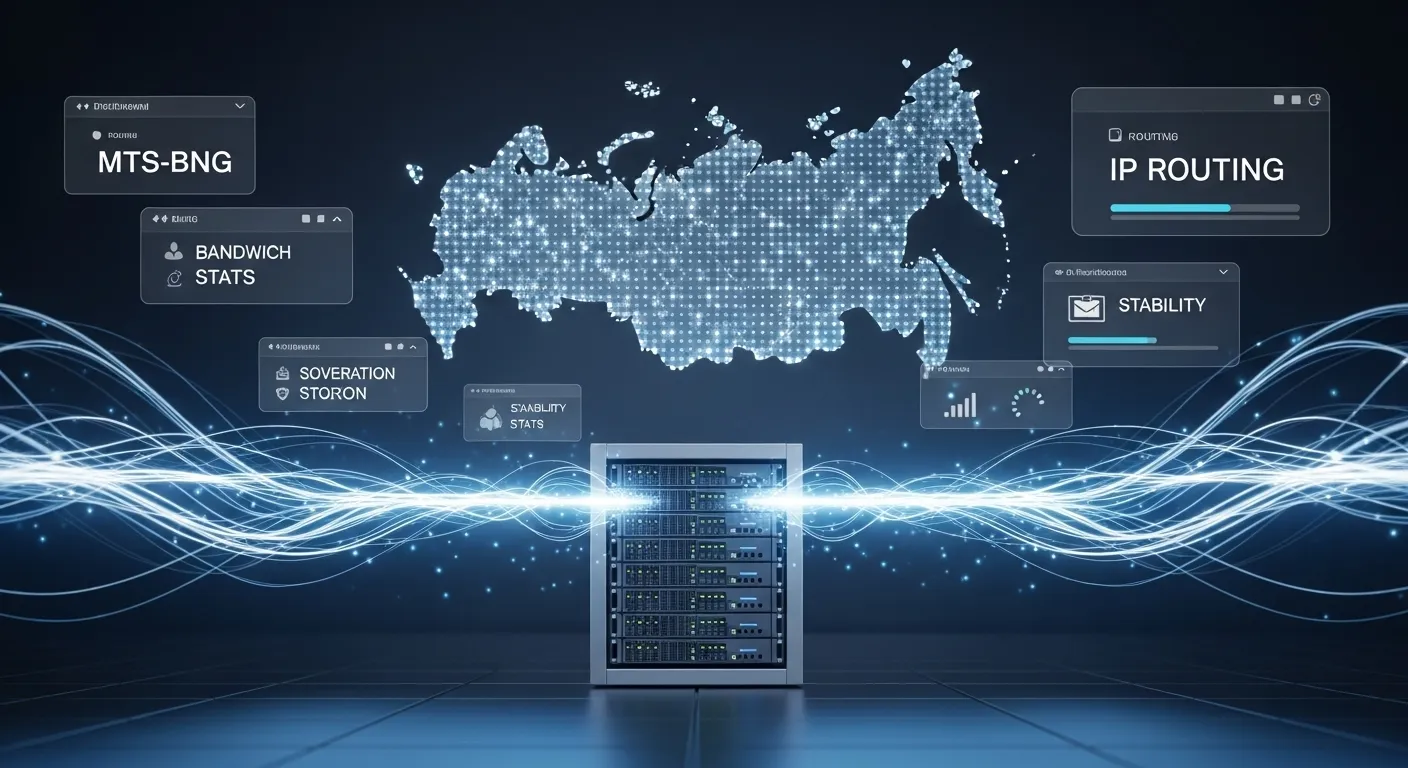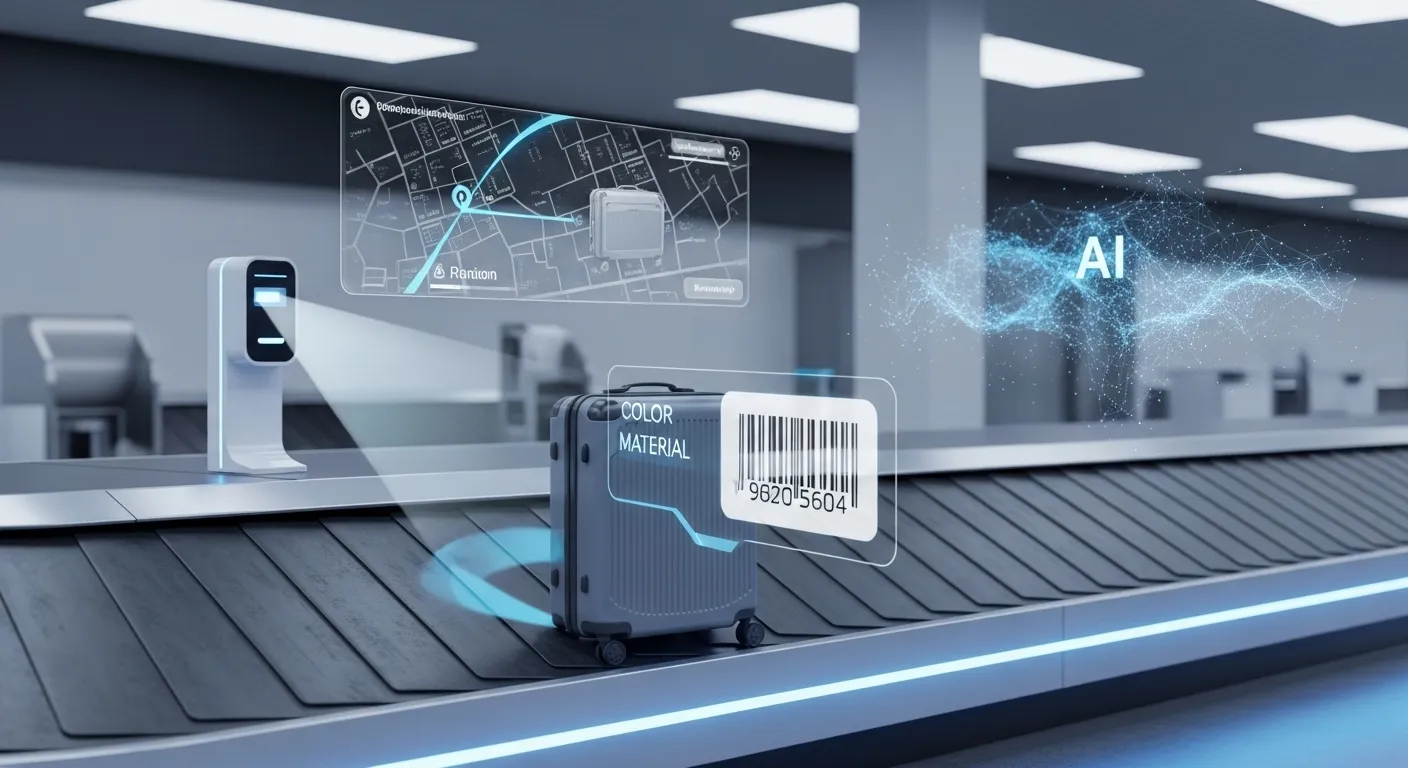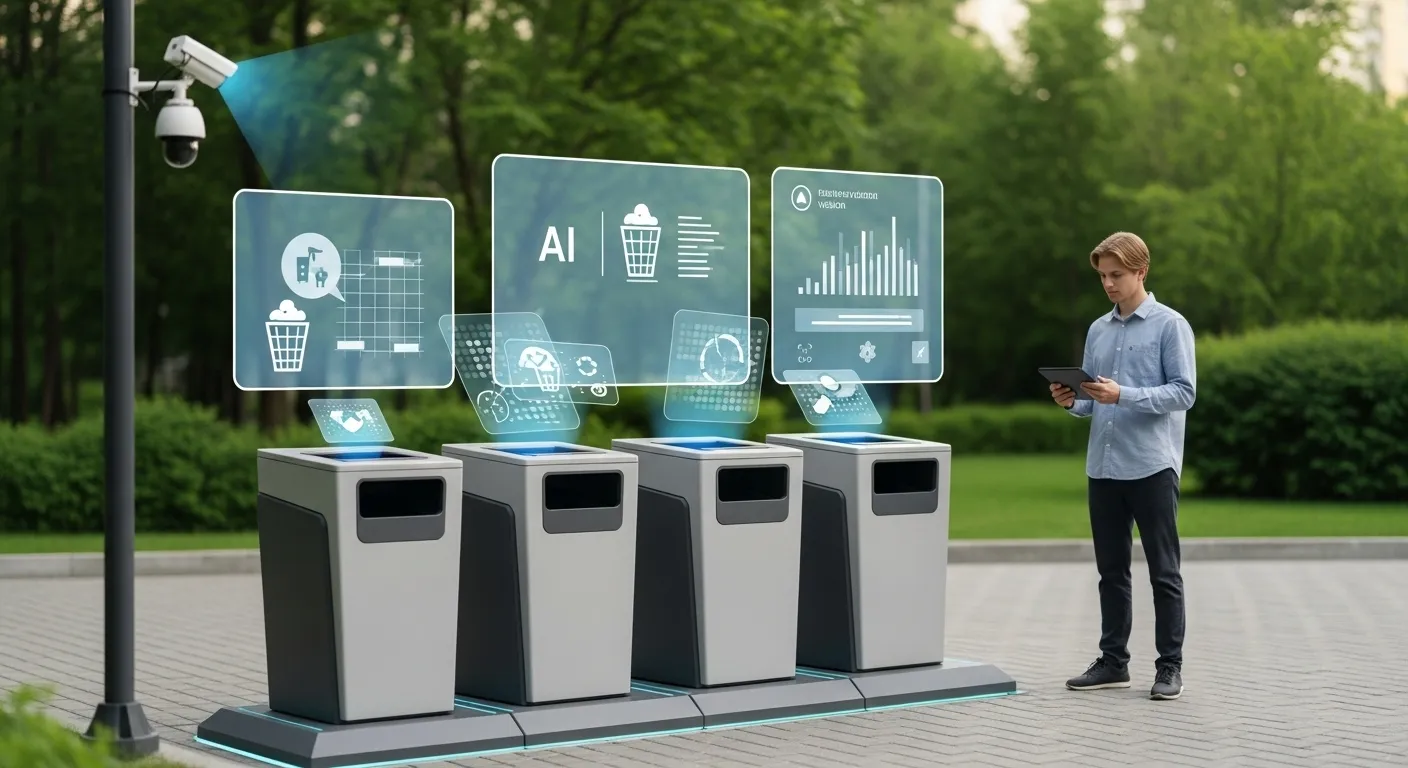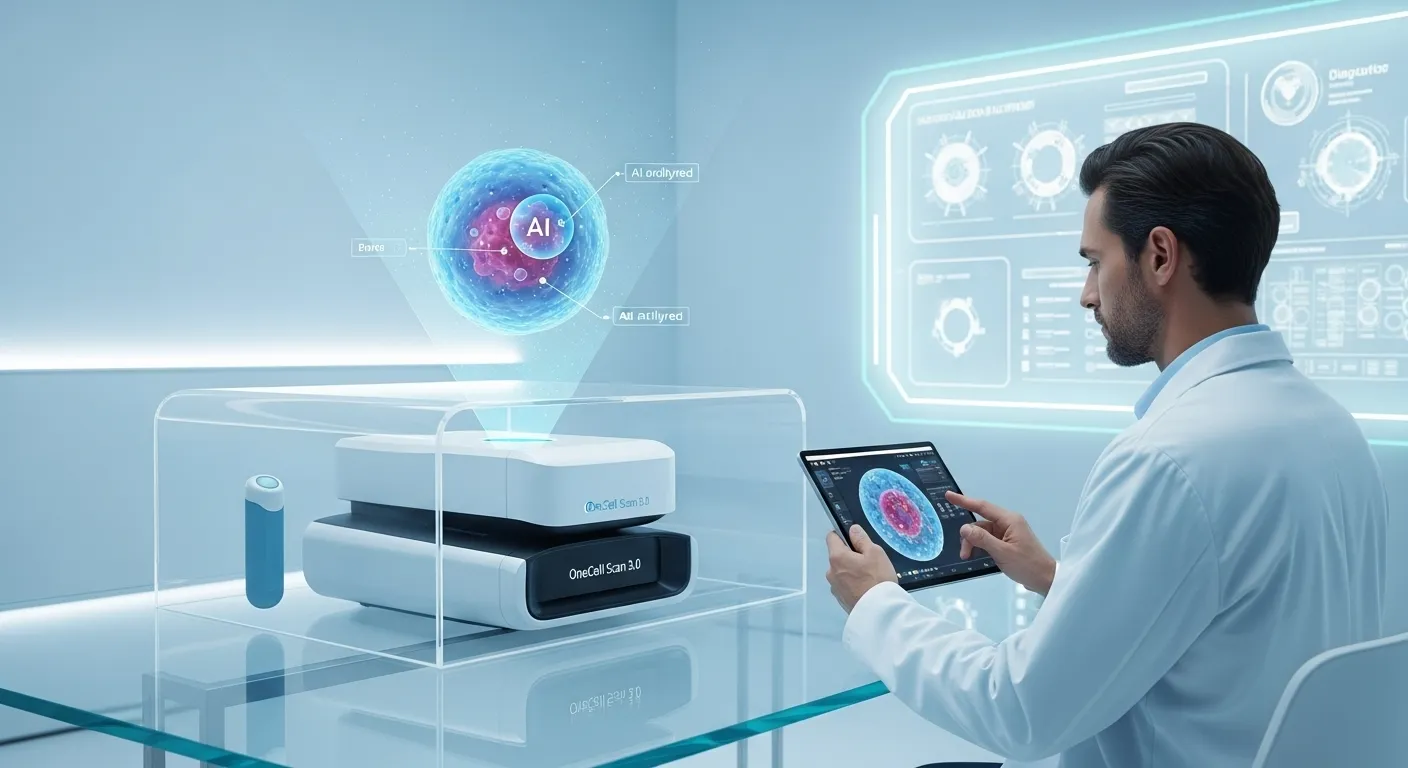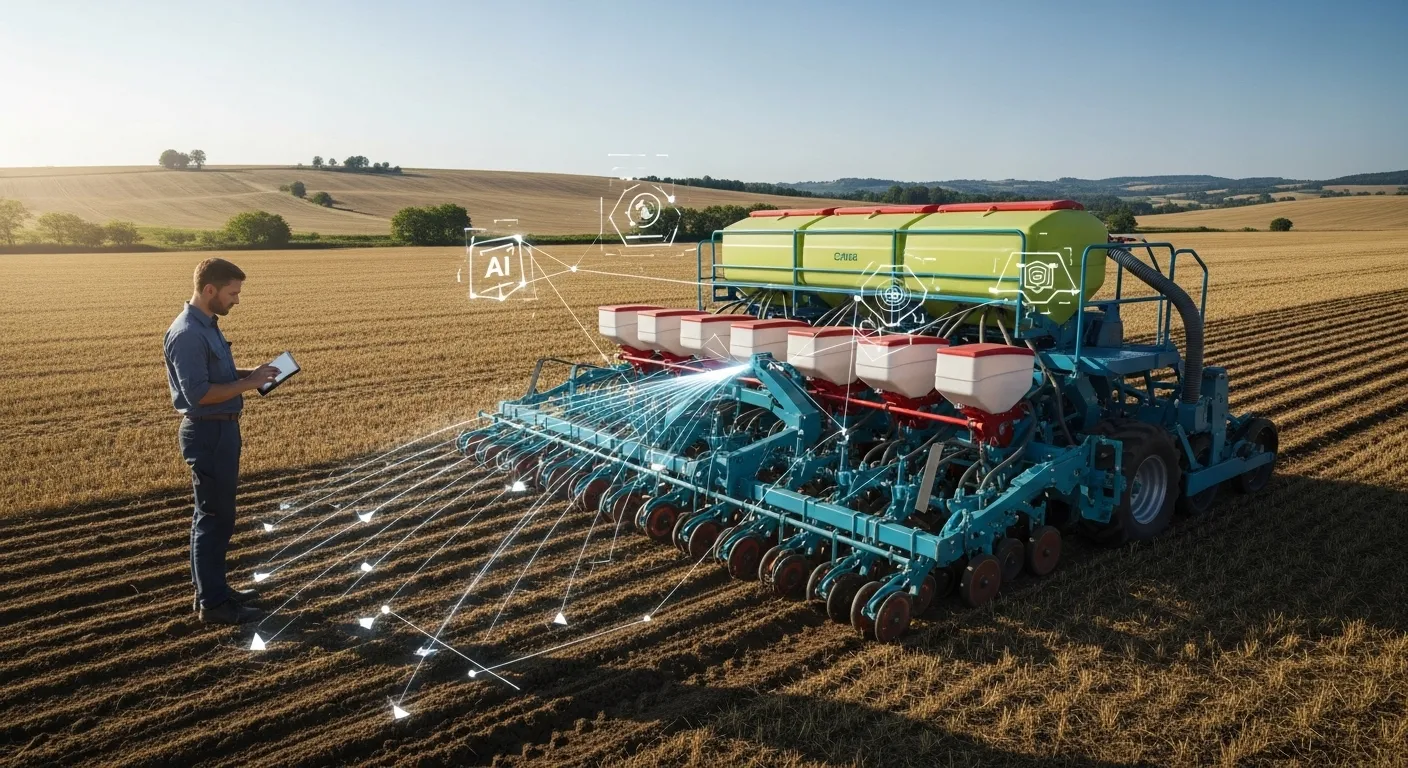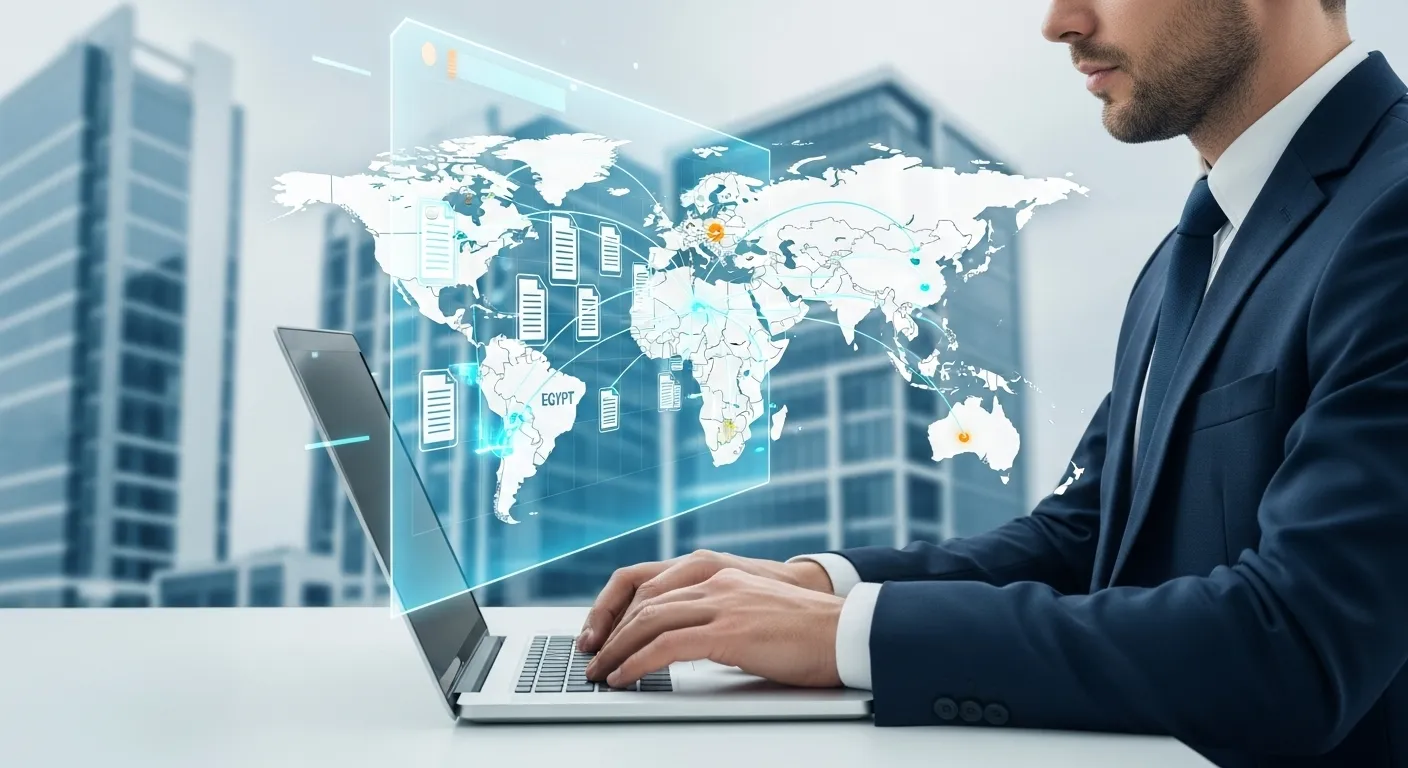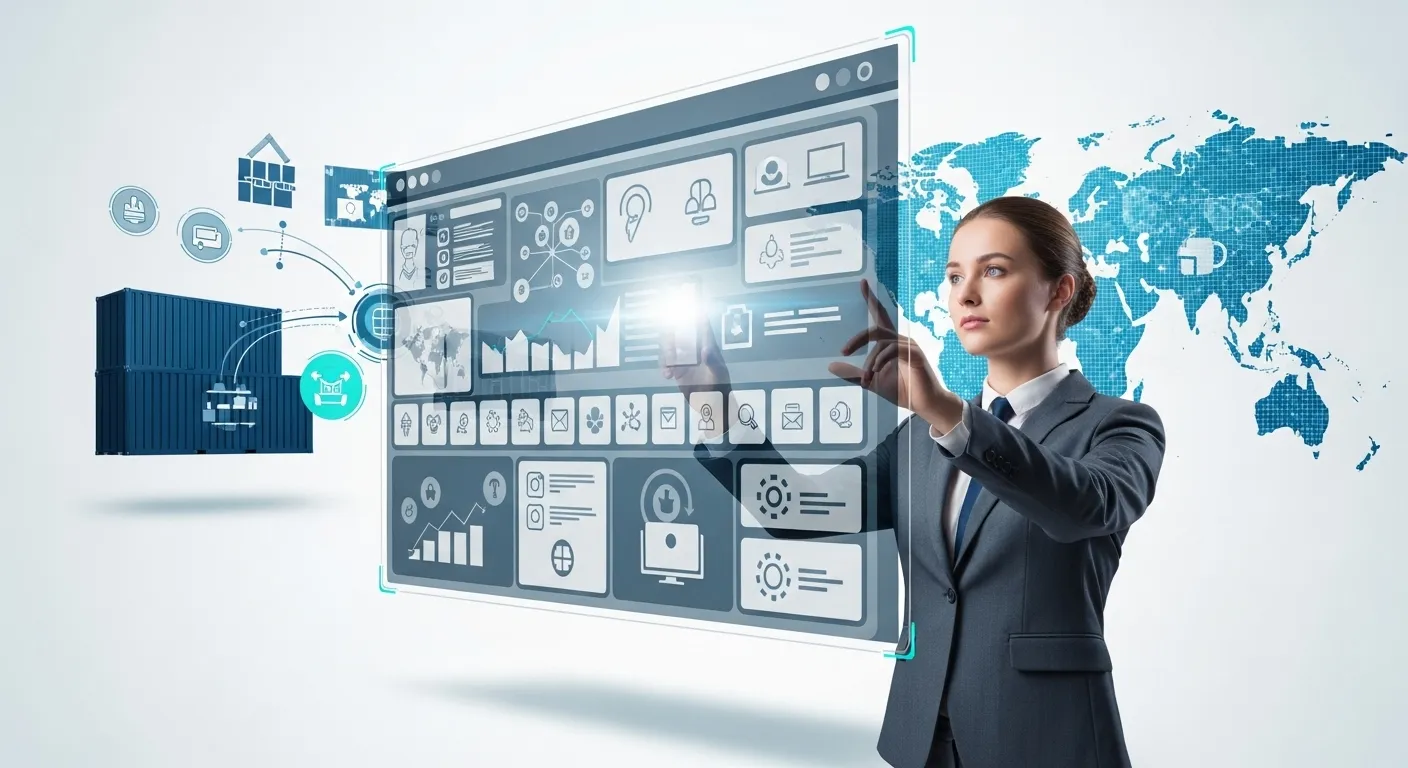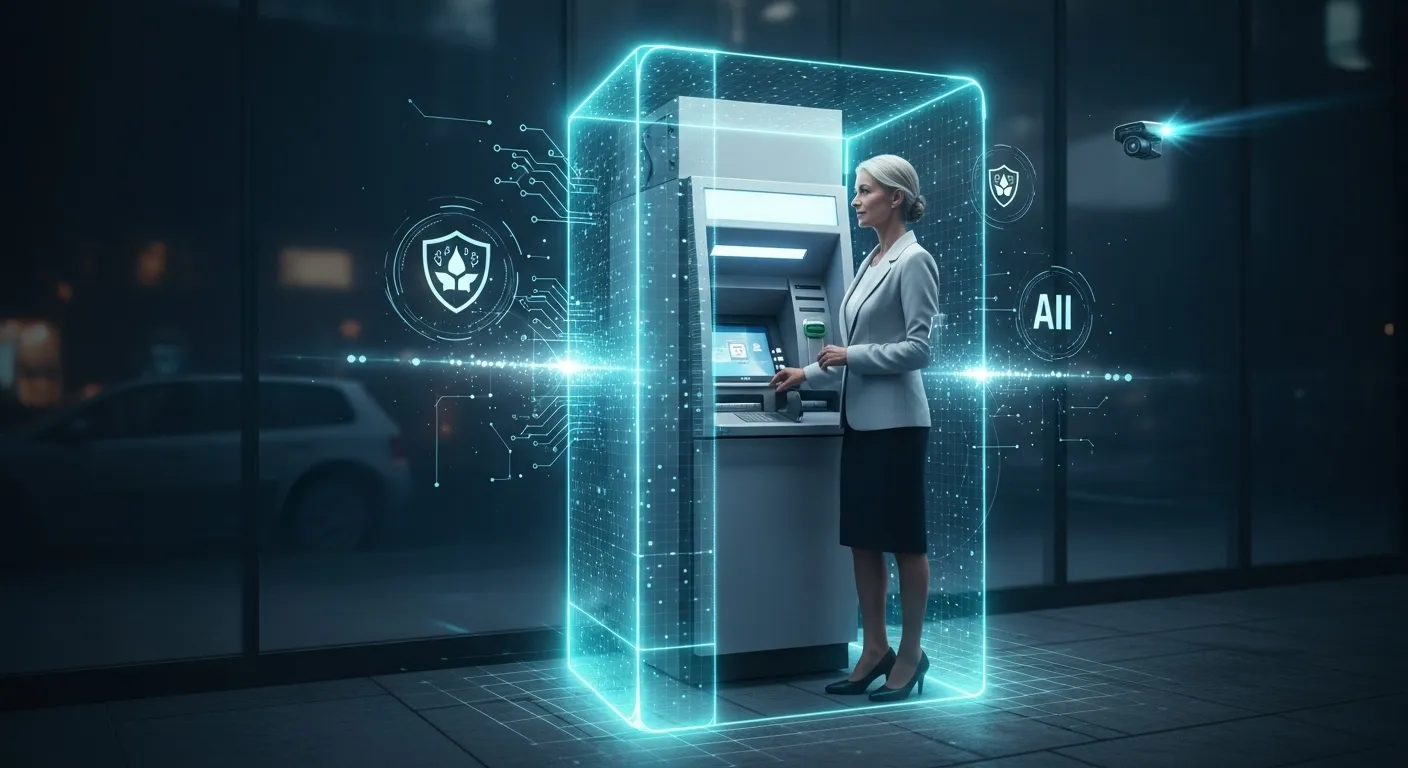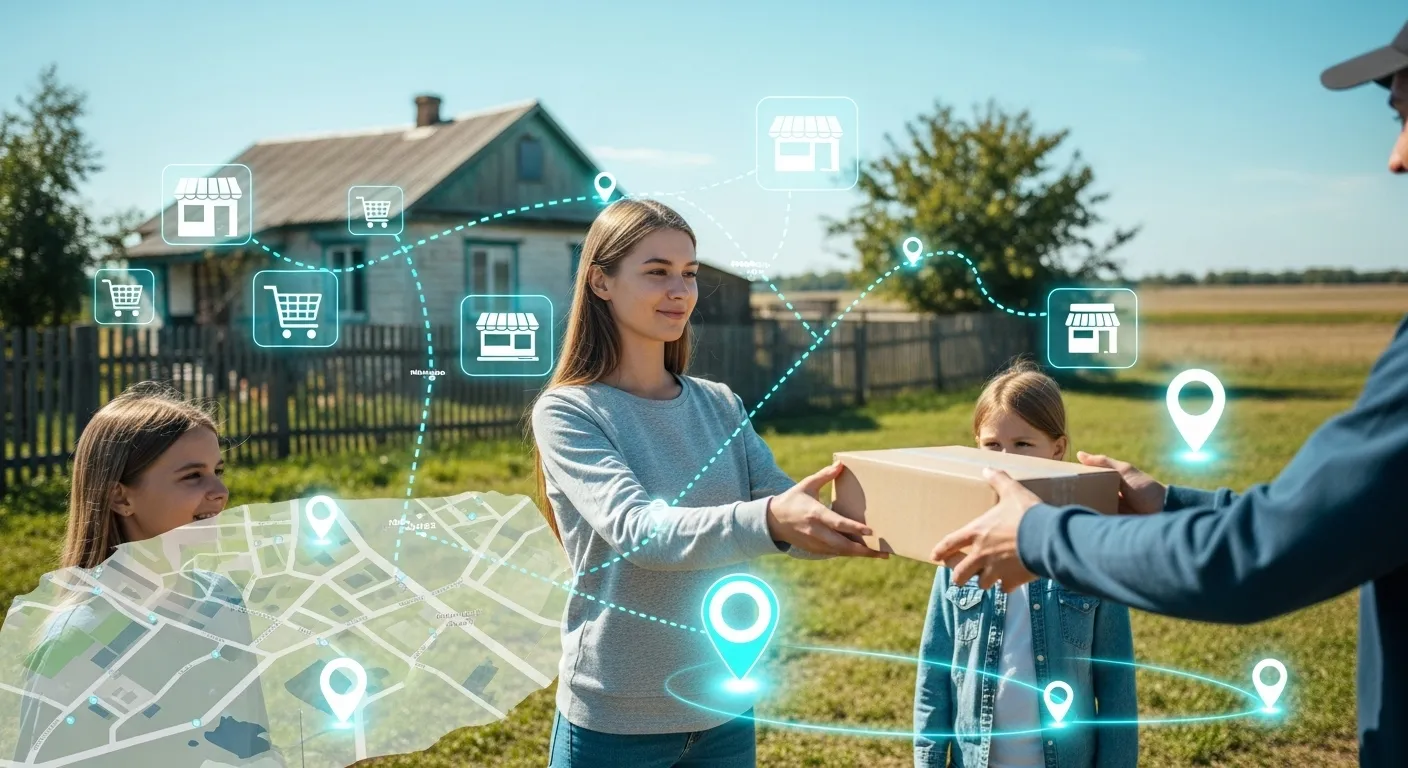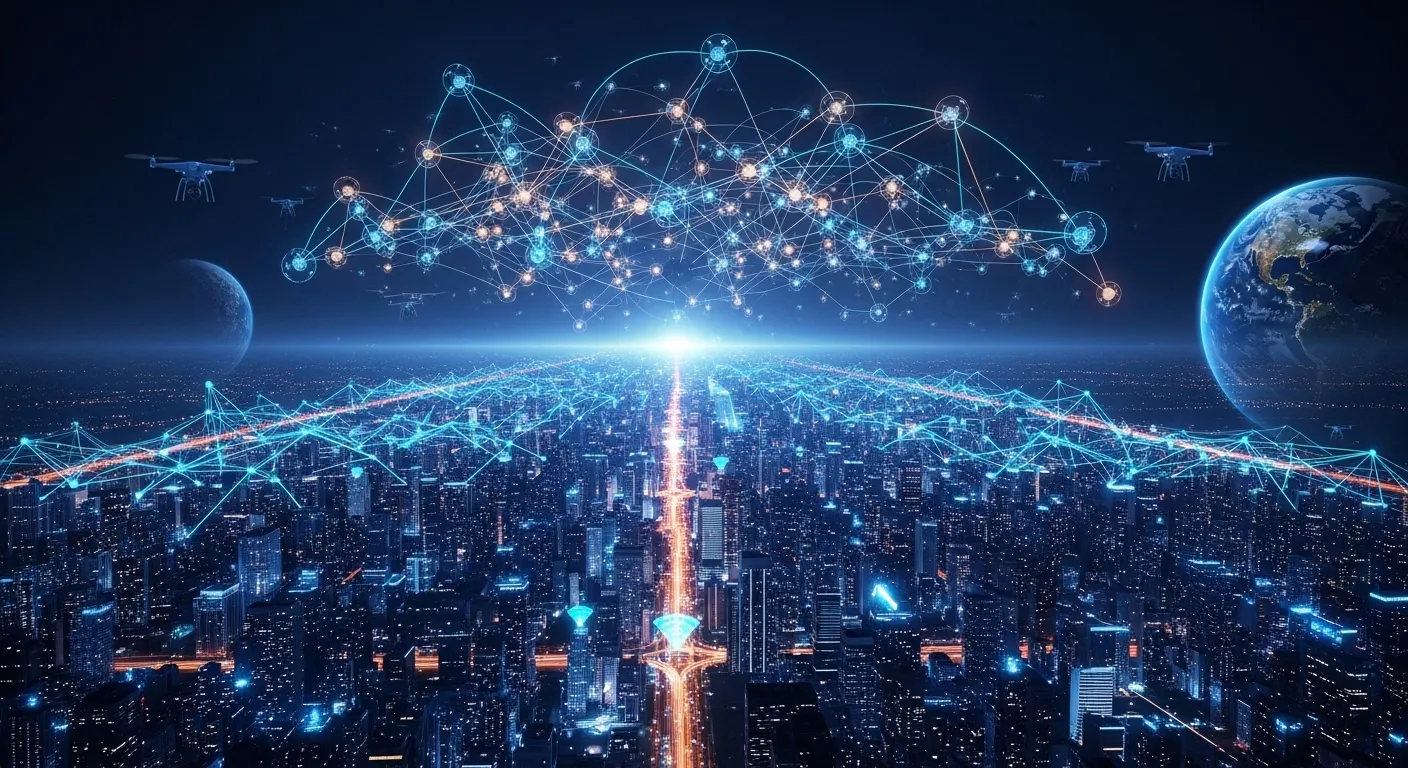Automating Debt Collection: Russia Launches Online Utility Debt Notifications

Public Services and Citizen-Facing Platforms.
Data Centralization Gains Momentum
Starting July 1, Russia is launching a government-backed pilot to automate utility debt notifications via the Gosuslugi digital platform. The pilot, expected to run for one year until June 30, 2026, will be rolled out across approximately 15 regions, with the final list to be determined by the Ministry of Construction within two weeks. All notifications about outstanding payments will be sent directly to users’ personal accounts on the Gosuslugi portal.
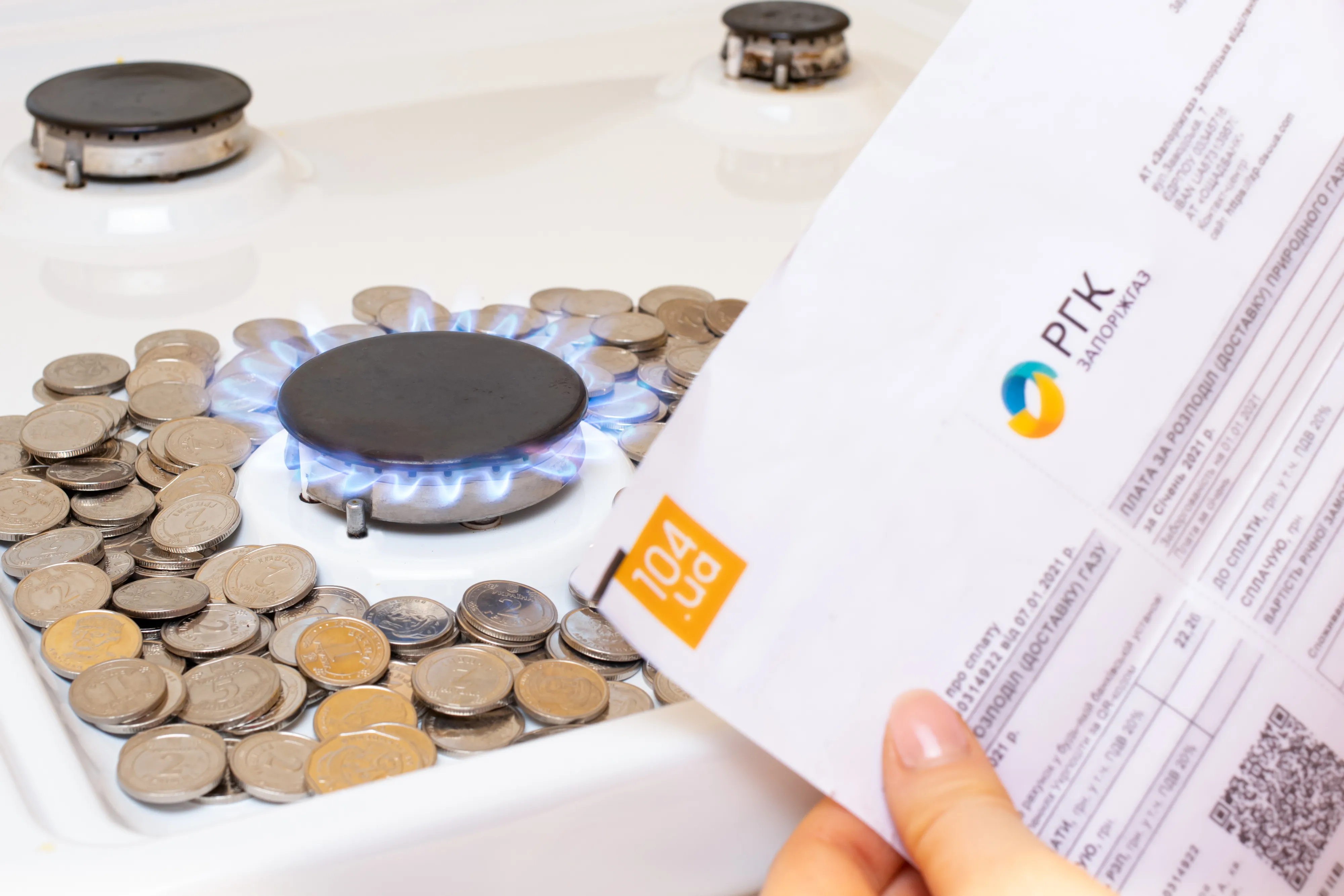
The project will integrate four major digital systems: the GIS Housing and Utilities system (GIS ЖКХ), the Justice system (Правосудие), the public services portal, and the Unified Digital Platform. This integration aims to streamline data flows and reduce delays at all stages—from debt generation and debtor notification to initiating court proceedings. Citizens will receive timely notifications, courts will deal with less paperwork, and government agencies will benefit from operational cost savings. Transparency throughout the debt collection process is also expected to improve significantly.
Expert Opinion
Inna Litvinenko
Expanding the Scope of Automation
The successful integration of these government platforms could serve as a model for other countries pursuing digital public services. This SaaS solution may also be exported to foreign platforms. Domestically, if the pilot proves effective, it could be scaled nationwide.
This would accelerate digitalization in both the judiciary and utility sectors. In the future, similar notification mechanisms could be introduced in other areas, such as tax collection and traffic fines. A more transparent process is likely to increase public trust in government platforms.
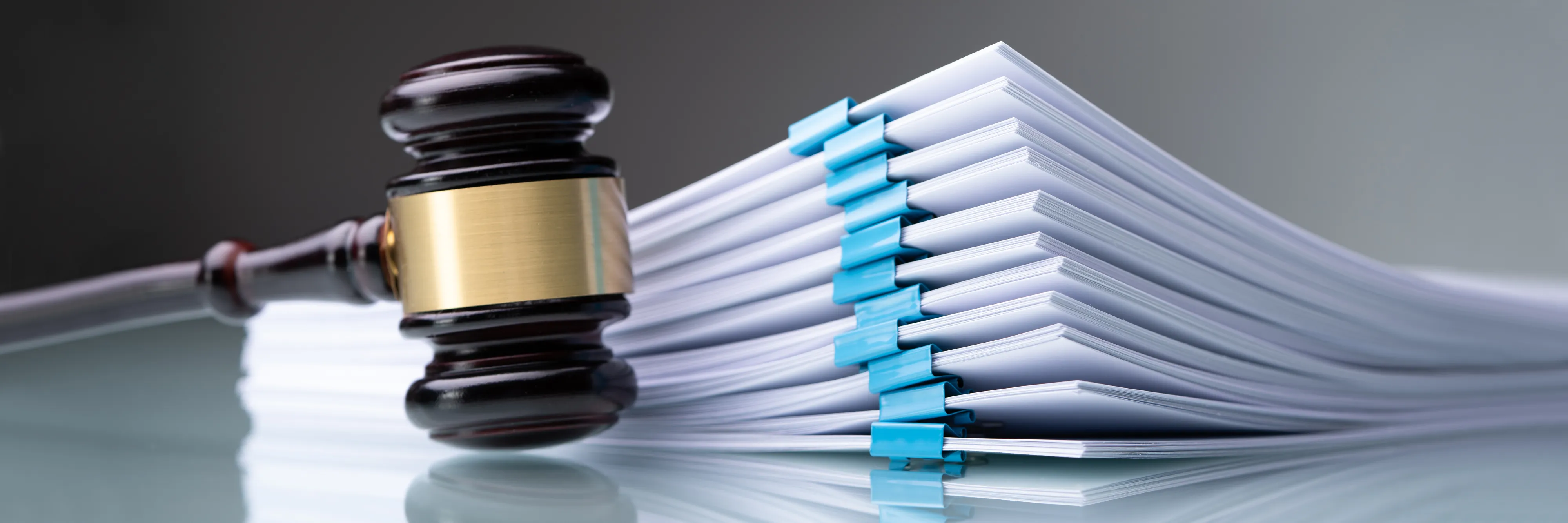
Gosuslugi Accelerates Its Digital Push
Russia has already seen considerable success in digitizing document workflows. In 2021–2022, traffic fines from the State Traffic Inspectorate (GIBDD) began appearing on Gosuslugi. In 2023, the system started issuing automatic tax notifications through users’ online tax accounts. In 2024, courts in Central Federal District began piloting the digital delivery of court rulings.
From 2022 to 2024, several regions also tested a digital passport system for utility services. The introduction of automated debt notifications is a logical next step in the continued digital evolution of Russia’s public service infrastructure.

Balancing Risks with Innovation Potential
The benefits of the new system are clear: faster processing times, reduced workloads for judges and utility companies, and overall efficiency gains. However, there are notable risks.
First, not all debtors may see the notifications on Gosuslugi—this depends on their level of digital literacy and how frequently they access the platform. Second, transitioning to a fully digital debt collection process will require investment in IT infrastructure, user training, and robust cybersecurity measures.
Still, if the pilot succeeds, Russia could introduce a groundbreaking model for digital public service delivery. By 2026–2027, the system may be expanded nationwide and potentially exported to countries within the EAEU and SCO



